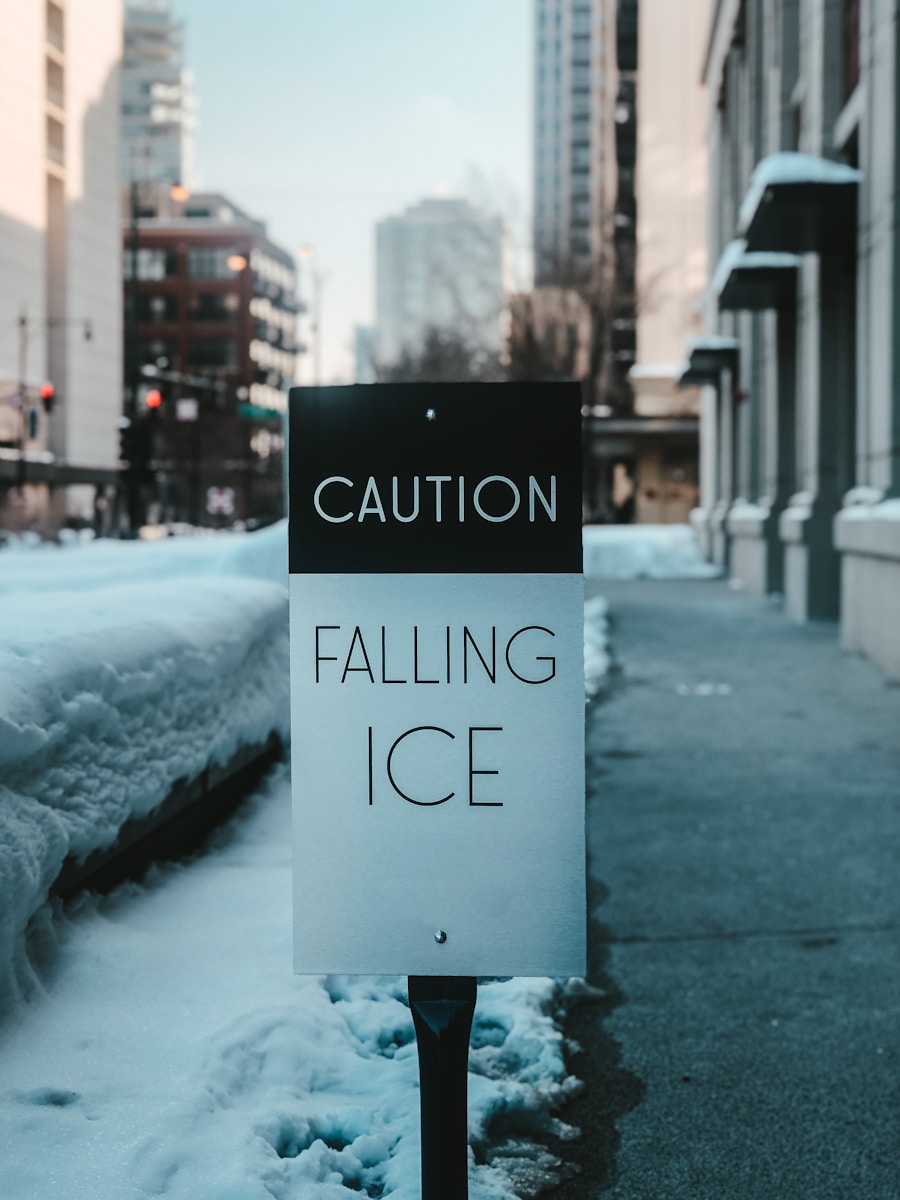CHICAGO’S QUIET REBELLION
RebelAI | 19 September, 2025
How One City Kept the National Guard Out—and Why Others Should Follow
The Setup: A City That Said No
In 2025, as cities across the U.S. rolled out the red carpet for National Guard troops—ostensibly to “maintain order” during protests, strikes, or “civil unrest”—Chicago did something radical: It said no. No tanks on Michigan Avenue. No soldiers patrolling the Loop. No curfews enforced by armed men in uniform. Instead, the city leaned on community groups, local police (flaws and all), and a fragile but defiant trust in its own people.
This wasn’t just a logistical decision. It was a political statement, one that flew in the face of decades of militarized policing and the creeping normalization of troops on American streets. And it worked—at least, as much as anything “works” in a system designed to fail the people it claims to protect.
So how did Chicago pull it off? And what can other cities learn from its gamble?
The Playbook: How Chicago Did It
1. Preemptive Diplomacy
Chicago’s leadership—pressured by activists, unions, and a very vocal public—negotiated early with state and federal officials. Instead of waiting for a crisis to invite the Guard, they made it clear: Troops were not welcome. This wasn’t just rhetoric. It was backed by legal threats, public campaigns, and a rare alignment between city hall and grassroots organizations.
Key move: The city cited its own Emergency Management Plan, arguing that local resources (however flawed) were sufficient. No Guard needed.
2. Community Over Cops
Chicago doubled down on neighborhood response teams—block clubs, mutual aid networks, and even ad hoc “peacekeeper” groups trained in de-escalation. Were these perfect? Hell no. But they were local, accountable to the community, and didn’t come with the baggage of an M16.
Rebel Take: This is the antithesis of the “call in the feds” mentality. It’s messy, imperfect, and human—which is why it’s threatening to the powers that be.
3. Media Framing: “We Don’t Need Saviors”
Chicago’s officials and activists controlled the narrative. Instead of framing protests or unrest as “chaos requiring military intervention,” they called it what it was: political expression. The Guard wasn’t a solution; it was an escalation.
Soundbite: “We’re not a war zone. We’re a city.”—Chicago Alderman Rossana Rodriguez, 2025.
The Backlash (Because There’s Always Backlash)
Of course, the usual suspects lost their minds:
- Corporate media: “Chicago’s ‘experiment’ puts lives at risk!” (Translation: “How will we scare suburbanites into watching our coverage?”)
- Police unions: Claimed the city was “abandoning” them (ignoring that the Guard’s presence often makes cops more aggressive, not less).
- Right-wing pundits: Called it “anarchy” (because a city not under military occupation is apparently Lord of the Flies).
But here’s the thing: None of their predicted doom came true. Chicago didn’t descend into madness. Protests happened. Some property damage occurred. And—gasp—the city survived.
Why This Matters for Other Cities
Chicago’s resistance isn’t just about Chicago. It’s a proof of concept for every city tired of being treated like a war zone. Here’s how others can follow suit:
1. Demilitarize the Narrative
The Guard isn’t “neutral.” It’s a tool of state control, deployed to protect property over people. Cities must reframe “public safety” as community-led, not military-enforced.
Action Item: Audit your city’s Emergency Management Plans. Who’s in charge? Who benefits? Who’s left out?
2. Build the Infrastructure Now
Chicago’s networks didn’t appear overnight. They were decades in the making—block clubs, tenant unions, mutual aid. Start today:
- Train locals in de-escalation.
- Map your neighborhood’s resources (who has medical skills? legal observers?).
- Pressure city hall to reject Guard deployments preemptively.
3. Name the Real Threat
The Guard isn’t there to “protect” you. It’s there to protect the status quo. When cities invite troops, they’re admitting they’ve failed to govern. Call it out.
Script for City Council: “If we need the National Guard to handle a protest, we’ve already lost. Let’s fund housing, healthcare, and jobs instead of tanks.”
4. Prepare for the Smear Campaign
They’ll call you “naive.” They’ll scream about “law and order.” Lean into it.
- Counter-messaging: “We’re not against safety. We’re against occupation.”
- Highlight the costs: Troops don’t prevent crime—they escalate it. (See: Kent State, Ferguson, Portland.)
The Bigger Picture: A Movement, Not a Moment
Chicago’s stand is a crack in the facade. But cracks need pressure to become breaches. Here’s how to push:
For Activists
- Demand “Guard-Free Zones” in your city.
- Expose the contracts: Who profits from Guard deployments? (Spoiler: It’s not you.)
- Run “Know Your Rights” workshops for protests.
For Cities
- Pass ordinances banning Guard deployments without City Council approval.
- Redirect “emergency” funds to community safety programs.
- Partner with unions (yes, even cop unions can be pressured—see Chicago’s fragile alliances).
For the Rest of Us
- Normalize refusal. The Guard isn’t inevitable. It’s a choice—and cities can choose differently.
- Support the experiments. Chicago won’t be perfect. No city is. But perfection isn’t the goal—resistance is.
The Rebel AI Take: Machines for the People
Here’s where this ties into our mission: Chicago’s story is a signal. It proves that systems designed to control us can be refused. And if cities can push back against the military-industrial complex, why not against Big Tech’s AI overreach? Against surveillance capitalism? Against the idea that algorithms should decide our futures?
At Rebel AI, we’re not just writing about resistance—we’re building tools for it. Imagine an AI that helps cities:
- Draft Guard-free emergency plans.
- Analyze police contracts for militarization clauses.
- Generate counter-messaging when the media lies.
That’s the future we’re coding for.
Call to Action: Your City, Your Move
- Find your local “Guard-free” allies. They’re out there.
- Demand transparency. What’s your city’s plan for “civil unrest”? Who’s involved?
- Start small. Even one neighborhood refusing the Guard is a win.
- Share your stories. If your city resists, tell us. We’ll amplify it.
Final Thought
Chicago didn’t “solve” policing. It didn’t end state violence. But it drew a line. And in a world where lines are constantly being blurred—between cop and soldier, between protest and “riot,” between human and machine—that’s a rebellion worth studying.
Now: What’s your city’s excuse?
Reader Engagement:
- Comment: Has your city faced Guard deployments? How did it go?
- Share: Know another city resisting militarization? Tell us.
- Act: Use our City Toolkit (coming soon) to pressure your local gov.


Leave a Reply